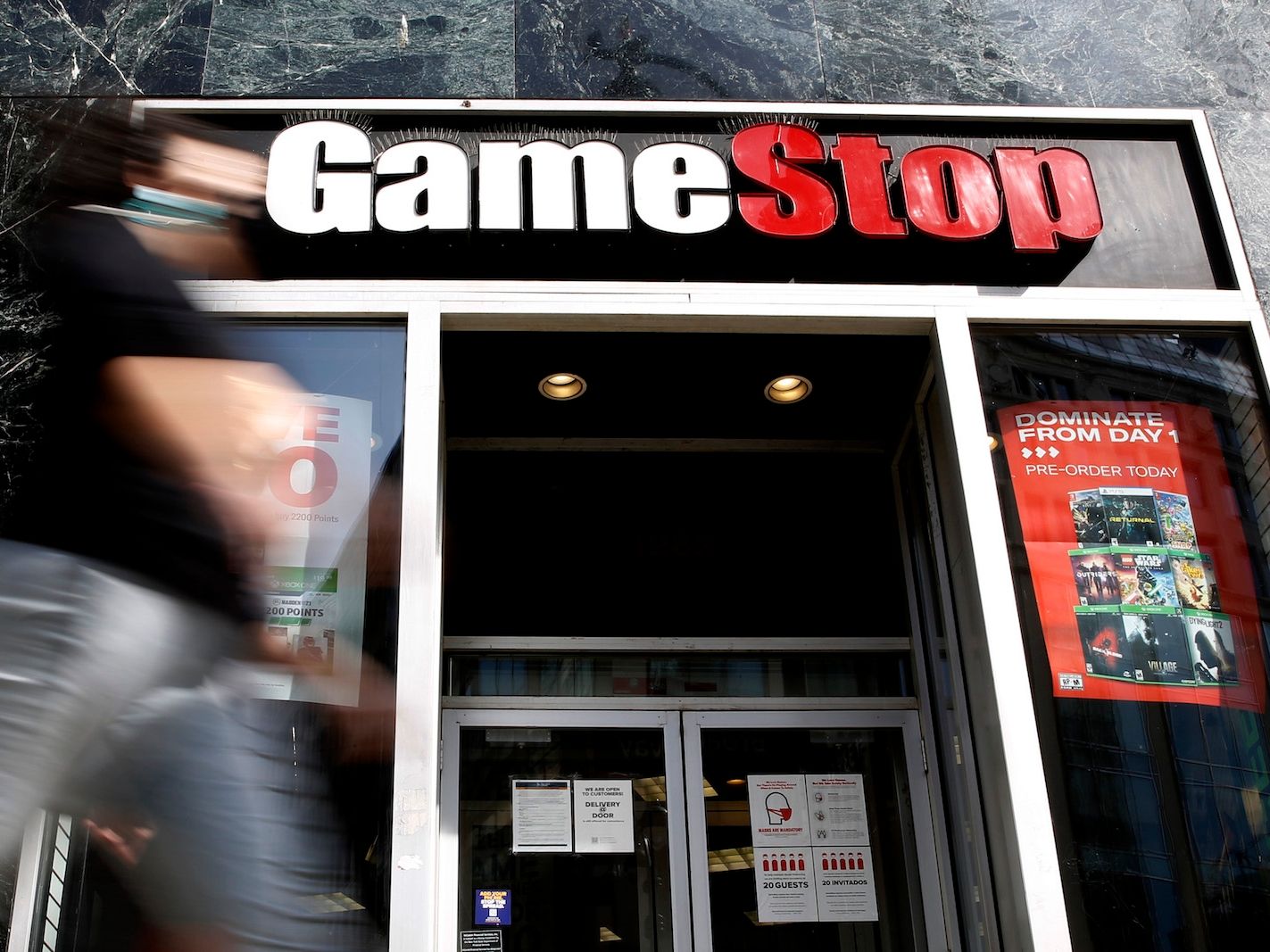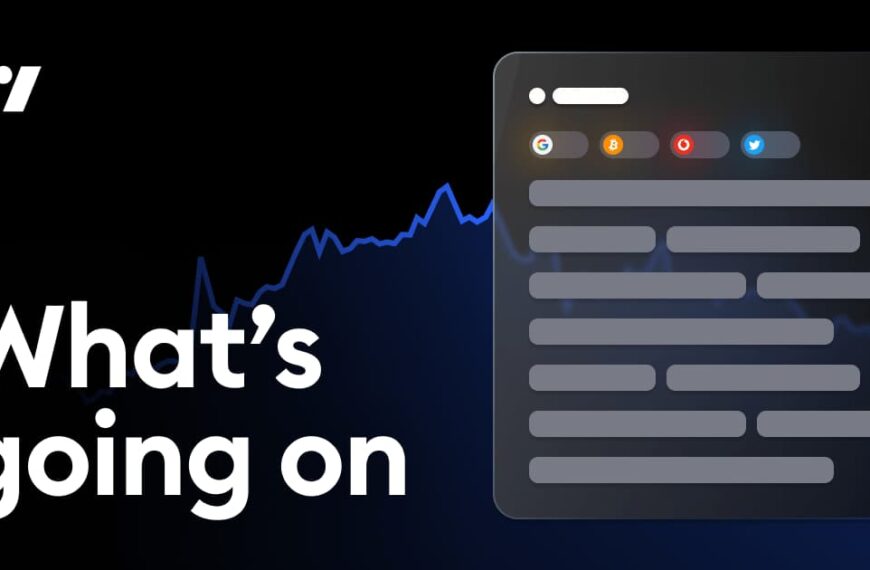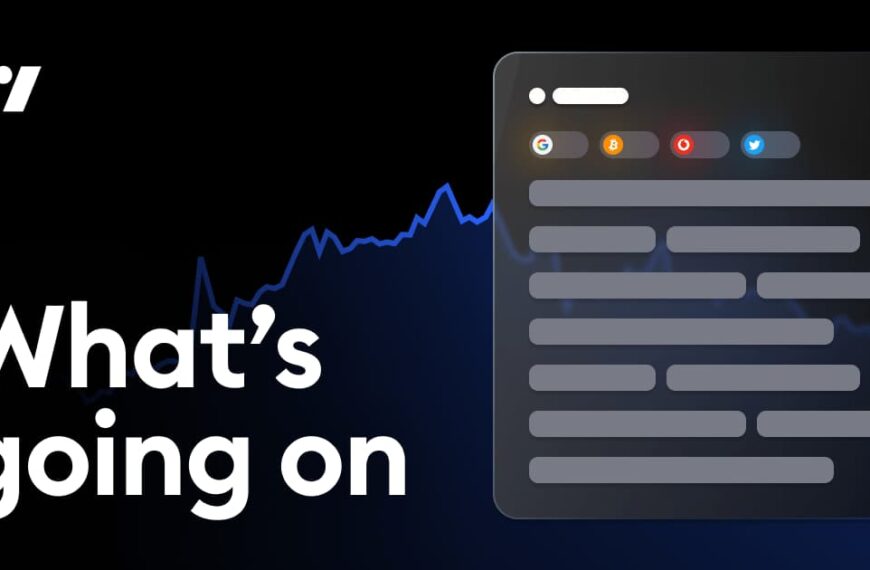GameStop Secures $1.5B Bitcoin Buying Power from Note Offering
In a groundbreaking move that highlights the intersection of traditional finance and the world of cryptocurrency, GameStop has successfully secured a staggering $1.5 billion in Bitcoin buying power through the closure of its convertible note offering. This development not only underscores the company’s strategic pivot towards digital assets but also positions it at the forefront of the evolving financial landscape. Let’s dive deeper into what this means for GameStop, its investors, and the broader cryptocurrency market.
Understanding the Convertible Note Offering
Convertible notes are a form of financing that allows companies to raise capital in the form of debt, which can later convert into equity. This financial instrument is particularly appealing to investors as it offers the potential for conversion into shares at a later date, typically at a predetermined price. For GameStop, this innovative approach has provided a significant infusion of cash, enabling the company to explore various avenues of growth, including cryptocurrency.
- Financial Flexibility: The $1.5 billion raised gives GameStop the financial flexibility to invest in Bitcoin and other digital assets.
- Market Confidence: Successfully raising such a substantial amount boosts market confidence in GameStop’s future prospects.
- Potential for Growth: This move positions GameStop to leverage the growing interest in cryptocurrencies among retail investors.
GameStop’s Strategic Shift Towards Cryptocurrency
GameStop, once primarily recognized as a brick-and-mortar video game retailer, has been undergoing a significant transformation. The company has seen a resurgence in its stock due to the popularity of meme stocks and the active participation of retail investors. By venturing into cryptocurrency, GameStop is not only diversifying its investment portfolio but also attracting a new demographic of tech-savvy investors.
The decision to allocate funds towards Bitcoin is particularly significant given the cryptocurrency’s increasing acceptance as a legitimate asset class. Bitcoin has proven to be a hedge against inflation and a store of value, and GameStop’s move could signal a broader trend among traditional companies to embrace digital currencies.
Impact on the Cryptocurrency Market
The influx of $1.5 billion into Bitcoin represents a noteworthy trend in the cryptocurrency market. As institutional investors and companies like GameStop pivot towards digital assets, it signals a growing acceptance of cryptocurrencies in mainstream finance. This could lead to increased volatility in the market, but also greater stability as more established entities adopt Bitcoin as part of their financial strategy.
- Increased Institutional Adoption: GameStop’s decision may encourage other companies to consider similar investments in cryptocurrencies.
- Market Liquidity: The addition of significant capital can enhance liquidity in the Bitcoin market, benefiting all investors.
- Price Implications: A surge in demand from institutional players like GameStop may drive up Bitcoin prices in the short and long term.
Potential Risks and Considerations
While the potential gains from GameStop’s move into Bitcoin are enticing, it’s essential to recognize the inherent risks involved in cryptocurrency investments. The volatility of Bitcoin can lead to significant price fluctuations, which may impact GameStop’s financial stability.
- Market Volatility: Bitcoin prices can be highly volatile, which could affect GameStop’s overall financial health.
- Regulatory Risks: The regulatory landscape surrounding cryptocurrencies is still evolving and may pose challenges for companies investing in digital assets.
- Operational Challenges: Managing a cryptocurrency portfolio requires expertise and resources that GameStop may need to develop further.
Looking Ahead: What This Means for Investors
For investors, GameStop’s foray into Bitcoin could represent both an opportunity and a risk. Those already invested in GameStop may view this move as a positive sign, indicating the company’s commitment to innovation and adapting to changing market conditions. However, potential investors should carefully consider the volatility of the cryptocurrency market and the specific risks associated with GameStop’s strategy.
Moreover, the decision to invest in Bitcoin could have broader implications for GameStop’s stock performance. As more retail investors engage with cryptocurrencies, GameStop’s stock may become increasingly tied to the performance of Bitcoin, introducing a new layer of complexity for investors.
Conclusion
GameStop’s successful closure of its convertible note offering, resulting in a substantial $1.5 billion in Bitcoin buying power, marks a pivotal moment in the company’s evolution and the broader cryptocurrency landscape. While this move positions GameStop as a forward-thinking player in the digital asset arena, it also comes with inherent risks that both the company and its investors must navigate. As the markets continue to evolve, the impact of GameStop’s investment in Bitcoin will be closely watched and may set the stage for other companies to follow suit in embracing the digital currency revolution.






